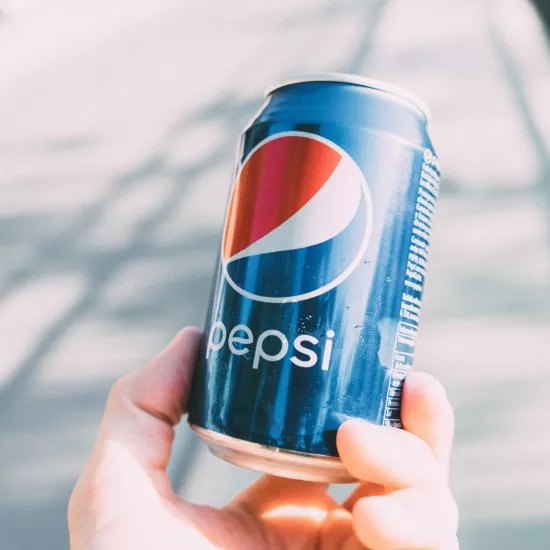Racial Profiling in Mississauga, Ontario

The United States is known for it’s harsh policing tactics. A majority of racial profiling incidents occur in U.S. states. As a minority living in the Greater Toronto Area, I have not heard about too many racial profiling incidents, but this does not mean they don’t exist.
I conducted a study in Mississauga, Ontario to uncover the reality of racial profiling. The area of Mississauga has experienced a growth of racial expansion. It is known as a diverse community where immigrants from various countries form their settlements. In the 1970s, there was an influx of immigrants from Africa, South Asia, Pakistan and India. In 1996, immigrants made up 43% of the overall population. A majority of my interviewees are from Malton and Erindale. The diversity in Malton started when the Pearson International Airport became established as it led to an increase of the town’s overall population. The town of Erindale grew in prosperity when a hydro station was built and created electricity for Toronto which led to an influx of different kinds of people.


With this increase in diversity, some racialized groups experience mistreatment from enforcement officials. Lance Constantine, a young Black male has been a victim of racial profiling in his hometown, Malton. He reported being unreasonably stopped several times by White police officers. He talked about an incident where he was aggressively stopped by the police when he was walking with his sister to McDonald’s. The police cuffed him and forced him into their car. The police officers did not have a reasonable justification to stop him. This incident let Constantine view enforcement officials negatively. He experienced so many racial profiling incidents that he did not trust police officers the same way as he used to.
Constantine is one of the many victims that experience racial profiling on a daily basis. Although areas like Mississauga are diverse, not all individuals of the community are treated equally. To examine the issue of racial profiling, I interviewed 9 minorities from Black, Asian and Muslim backgrounds. I also interviewed two non-minorities from White backgrounds.

I wanted to compare the perceptions and experiences of minority and non-minority respondents. My goal was to examine whether the quality of experiences with enforcement officials impacted perceptions. I looked at the differences between how minorities and non-minorities are treated and how these experiences impact their perception. All interviewees were asked questions based on their experiences with enforcement officials, if they had been targeted, how the stops changed their perspective on enforcement officials and if they knew anyone who had been racially profiled. I also looked at the role of gender. I wanted to examine whether males and females had different experiences and perceptions. The confidentiality of respondents was protected by using pseudonyms and modifying all identifying information.
The findings were surprising. Several minorities reported negative experiences with enforcement officials which led them to form negative perceptions. It was the racialized males who experienced high stop and searches than the non-minority males/racial females. One would expect the males to hold negative attitudes towards enforcement officials, but this was not apparent. Several racialized males did not hold negative perceptions towards enforcement officials, they were used to being stopped and did not see it as a big deal. They were more reluctant to view racial profiling as a huge problem in the United States than in Canada. Brandon, a young Black male explains,
“I would say that I still trust law enforcement. I wouldn’t just you know blame them all based on a few bad interactions. I want to be hopeful and say not all of them are that bad but it’s definitely but uh I don’t know how to say it, but it’s kind of you know they ruined the image a bit but not completely.”
The racialized females did not experience a high amount of negative experiences with police officers but discussed stories of their brothers, husbands and male cousins being subjected to racial profiling. The racialized females held more hostile views of enforcement officials even though they did not experience negative encounters. This provides evidence to how there is a little to no connection between the number of negative experiences and perception towards enforcement officials. Laiba, a young Muslim female did not have the same trust towards police officers when she heard stories of her husband and cousin being mistreated:
I just started getting less and less supportive about them like I know they’re there to like protect communities or country and whatever but um I just don’t feel that they’re as helpful as we thought they were and especially I’m not gonna know all of them there’s just like a few like obviously a few here and there that do racial profiling and you know all that, and I just lost a lot of trust and hope with what they could do
Regarding gender, racialized males were subjected to a higher amount of negative experiences with police officers than non-minority males, non-minority females and racialized females. The non-minority male and female that were interviewed had positive experiences with enforcement officials but viewed enforcement officials negatively as they targeted their racialized peers.
My study provides new findings that diverge from other studies. Racial profiling exists in Mississauga but is not as prevalent as it is in the United States. Although racialized males are often stopped, they do not find the stops as problematic. They do not categorize all police officers as the same as racialized females do. Racialized females wanted to see a change in the policing system and held hostile perceptions. The policing system does need to change. Yes, racial profiling is not as evident in the GTA, but it has a potential to be more prevalent. Before policing tactics get worse, improvements need to be made in how police officers are getting trained.

Priyanka Sahajpal immigrated from India to Canada. She is currently pursuing a Bachelor’s degree at the University of Toronto with a double major in Psychology and Criminology. She hopes her research will change policing practices that will lead to a fair treatment of all individuals regardless of race, gender and age.



